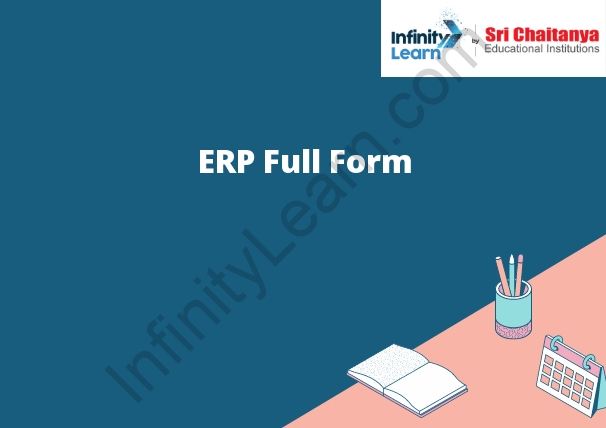Table of Contents
What is Enterprise Resource Planning (ERP)?
Enterprise Resource Planning (ERP) software allows businesses to manage and automate critical business functions, such as financials, manufacturing, sales, and customer service. ERP software integrates with other business applications, such as enterprise content management (ECM) and customer relationship management (CRM) systems.

A Brief History of ERP
ERP is a term used to describe a category of software applications that enable a company to manage its key business processes. The first ERP software applications were developed in the early 1990s.
Before ERP software development, companies relied on various applications to manage different aspects of their businesses. This approach often resulted in companies having different applications for different processes, making it difficult to manage and coordinate operations across the company.
The development of ERP software applications aimed to address this problem by providing a single application that could be used to manage all key business processes. ERP applications typically provide modules for managing key business processes such as accounting, manufacturing, inventory, and sales.
The first ERP software applications were developed in the early 1990s by companies such as SAP, Oracle, and PeopleSoft. Large companies initially used these applications, but they have become more affordable and have been adopted by smaller companies over time.
How Does the ERP System Work?
The ERP system is a comprehensive business management system that integrates all aspects of a company’s operations into a single software application. The system provides a real-time view of all business activities, allowing managers to make quick and accurate decisions based on up-to-date information.
The ERP system typically comprises several modules, each of which addresses a specific area of business operation. The most common modules include:
- Financial Management
- Human Resources
- Production Planning
- Inventory Management
- Sales and Marketing
The ERP system can be customized to meet specific needs. It can also be configured to interface with the company’s other software applications, such as accounting software, customer relationship management (CRM), and warehouse management software.
How can you Implement ERP Software?
There is no one-size-fits-all answer to this question, as ERP software implementation will vary depending on the business’s specific needs. However, some tips on how to implement ERP software include:
1. Define the business requirements
- Before implementing ERP software, it is important to define the specific business requirements the software will need to address. This includes identifying which processes need to be automated, what data needs to be tracked, and what reporting and analytics capabilities are required.
2. Select the right software
- Once the business requirements have been defined, the next step is to select the right ERP software. Many different ERP software options are available, so it is important to find one that meets the business’s specific needs.
3. Implement the software
- The final step in the ERP implementation process is implementing the software. This typically involves configuring the software to meet the business’s specific needs, training employees on how to use the software, and migrating data to the new system.
Advantages of Using ERP
The advantages of using ERP include:
- Increased efficiency and accuracy – ERP systems help automate and streamline business processes, leading to increased efficiency and accuracy.
- Improved decision-making – ERP systems provide valuable insights into business performance, which can help business owners make better decisions.
- Enhanced customer service – ERP systems can help businesses provide better customer service through improved order processing and inventory management.
- Increased competitiveness – ERP systems can help businesses compete more effectively by improving operational efficiency and providing a single view of the business.
- Reduced costs – ERP systems can help businesses reduce costs by automating business processes and improving operational efficiency.







